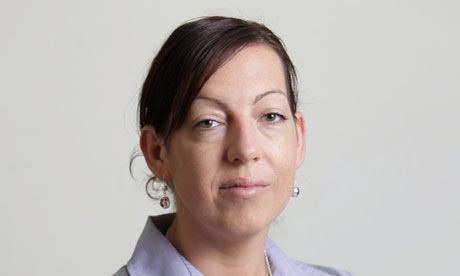
Sarah Colwill initially found it amusing when a series of migraines caused her native West Country accent to be displaced by a Chinese lilt. But after a month, the joke is wearing thin for the 35-year-old IT project co-ordinator. "I have never been to China," she says. "It is very frustrating and I just want my own voice back."
Colwill is one of around 60 recorded cases of Foreign Accent Syndrome (FAS), a rare condition arising from damage to the part of the brain that controls speech and word formation. Usually a side effect of severe brain injury, FAS can also be catalysed by psychiatric illness. Some sufferers regain their original accent, either spontaneously or through intensive speech therapy, but for others, the change is permanent.
Colwill is not the only sufferer to find the syndrome hard to bear. Wendy Hasnip, from Yorkshire, began speaking with a French accent after a stroke in 1999. "While I have nothing against the French, this is not for me," she says. "It does nothing for my street credibility with my three sons."
"It's in our ears," says Professor Sophie Scott, from the Institute of Cognitive Neuroscience at University College London. "Speech may be altered in terms of timing, intonation, and tongue placement, so that is perceived as sounding foreign."
But the fact the accent isn't real doesn't mitigate sufferers' distress. Colwill complains that friends hang up when she phones, convinced that it is a hoax call. Scott also remembers Kath, from Stafford in the Midlands, who resorted to carrying a note explaining how cerebral vasculitis had left her sounding eastern European. "She just got fed up of people explaining to her how the buses worked," she says. "Voice is a key part of who we are and how we fit in to the world around us. Sometimes FAS can be more difficult than a trauma that robs us of speech entirely."

